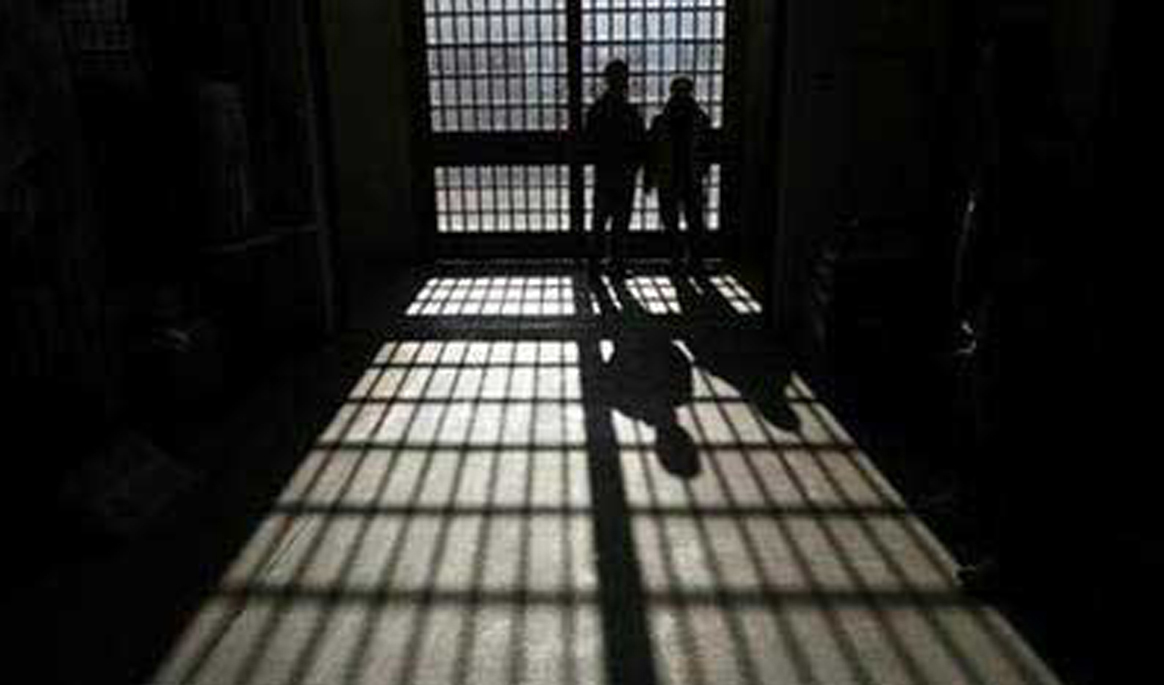KUALA LUMPUR, March 13 — The federal government should totally scrap the death penalty instead of keeping it as an option for sentencing, the Malaysian Coalition Against the Death Penalty said today.
The coalition expressed its deep disappointment with the government’s announcement today that it has decided to abolish only the mandatory nature of the death penalty for 11 offences, instead of doing away with the death sentence in Malaysia.
“This clearly falls short of what the Cabinet had decided and announced on 10 October 2018, which was the total abolition of the death penalty across all crimes,” it said in a statement today.
The coalition described the government’s plan to allow judges to use their discretion on whether to impose the death sentences for these 11 offences as a “small step forward”, but said it was still concerned due to the alleged under-developed safeguards.
It claimed that there was still no “developed jurisprudence, protection for the vulnerable and sentencing guideline for which the court should consider in exercising its discretion whether to hand down a death sentence”.
“So long as the death penalty exists within our system, there is no guarantee that an innocent or vulnerable person will not be wrongly sentenced and executed,” it added.
“We urge the government to reconsider its decision, and reinstate its earlier position of total abolition of the death penalty. At the very least, the government should totally abolish the death penalty in Section 39B of the Dangerous Drugs Act 1952, under which many poor and marginalised people have been sentenced to die,” it added.
Section 39B of the Act currently provides judge with limited discretion to impose life imprisonment and whipping of at least 15 strokes for those convicted of drugs trafficking, instead of giving them the death sentence.
But under this limited discretion, the judges are only restricted to considering four circumstances, including the condition that there was no evidence of buying and selling of a dangerous drug when the convicted person was arrested.
The three other conditions are that there must be no involvement of an agent provocateur; that the convict’s involvement was only limited to transporting, carrying, sending or delivering a dangerous drug; and that the person convicted has assisted an enforcement agency in disrupting drug trafficking activities within or outside Malaysia.
Minister in charge of legal affairs Datuk Liew Vui Keong was recently reported describing these four conditions before the judge can exercise the discretion of not sentencing a convicted drug trafficker to death as being too restrictive.

Seven demands
The Malaysian Coalition Against the Death Penalty today also listed seven demands that it wants the government to fulfill in the meantime, including to continue the current moratorium or freeze on executions of convicts sentenced to death.
The coalition also wanted the government to review each of the past convictions which resulted in mandatory death sentences; commit to totally abolishing the death penalty within three years; commit to and implement reforms to the criminal justice system, and uphold the highest standards of fair trial for each capital punishment case.
The other two of the seven demands are for the public disclosure of data and information about death sentences handed down and executions carried out along with the upholding of transparency in the handling of capital punishment cases; and the developing of a support system for the family of murder victims with an aim towards reconciliation and healing.
The final demand is for the government to implement prison reforms for death row inmates in line with the internationally-accepted Nelson Mandela rules on detention, which is otherwise known as the United Nations (UN) Standard Minimum Rules for the Treatment of Prisoners.
The coalition, which expressed its commitment to working with all parties including the Malaysian government to end death penalty in Malaysia, said the punishment has no place in today’s world.
“It serves no proven deterrent purpose, does not contribute to a reduction in the crime rate and worst of all, it is absolute and irreversible,” it said in the same statement.
Earlier today, deputy minister in charge of legal affairs Mohamed Hanipa Maidin said the government has decided to only remove the mandatory death penalty for 11 offences in the Penal Code and the Firearms (Increased Penalties) Act 1971 and to keep the penalty as an option for judges to mete out.
This comes after Liew was reported over the weekend as saying that the Cabinet will be mulling three options, namely the total abolition of the death penalty; or making the death penalty non-mandatory for crimes such as murder; or giving judges full discretion during sentencing for those convicted under Section 39B of the Dangerous Drugs Act.




















